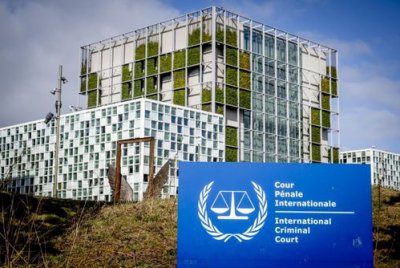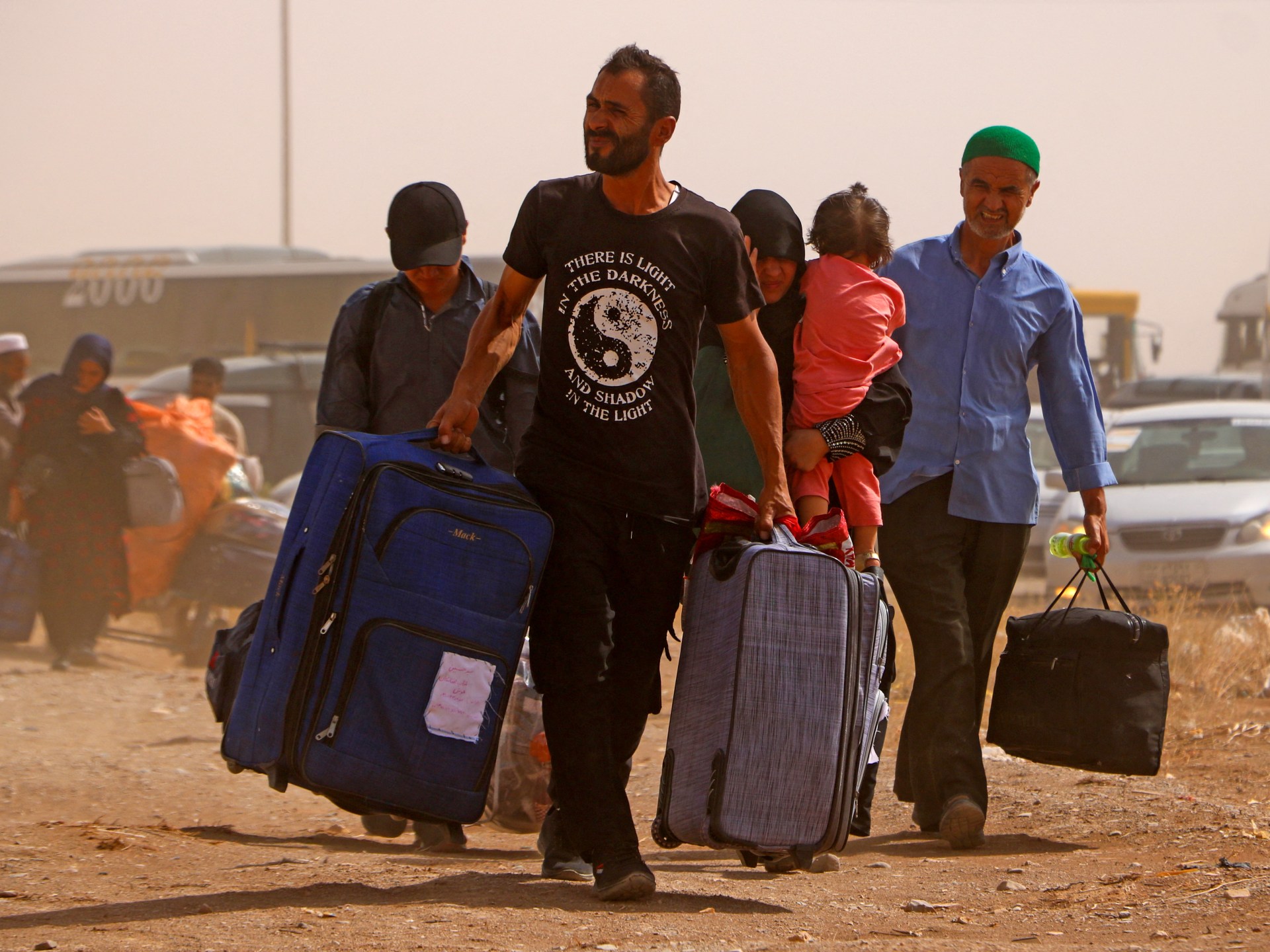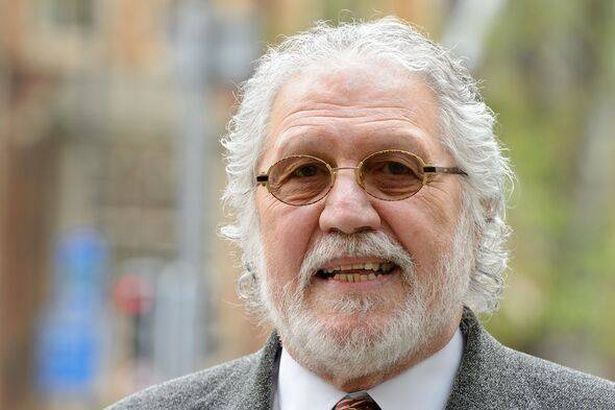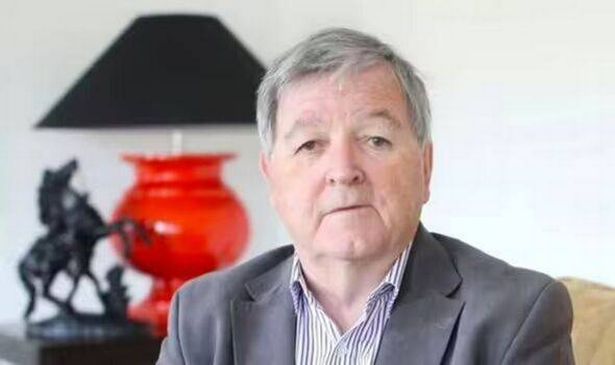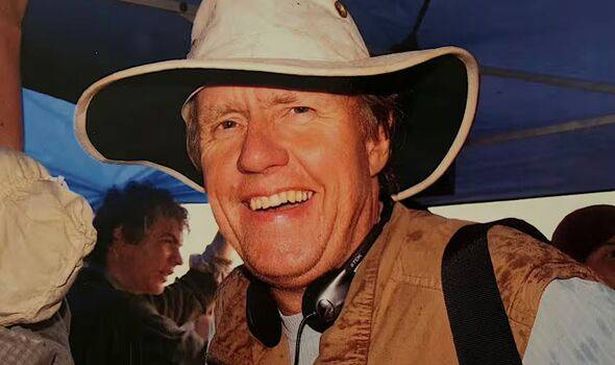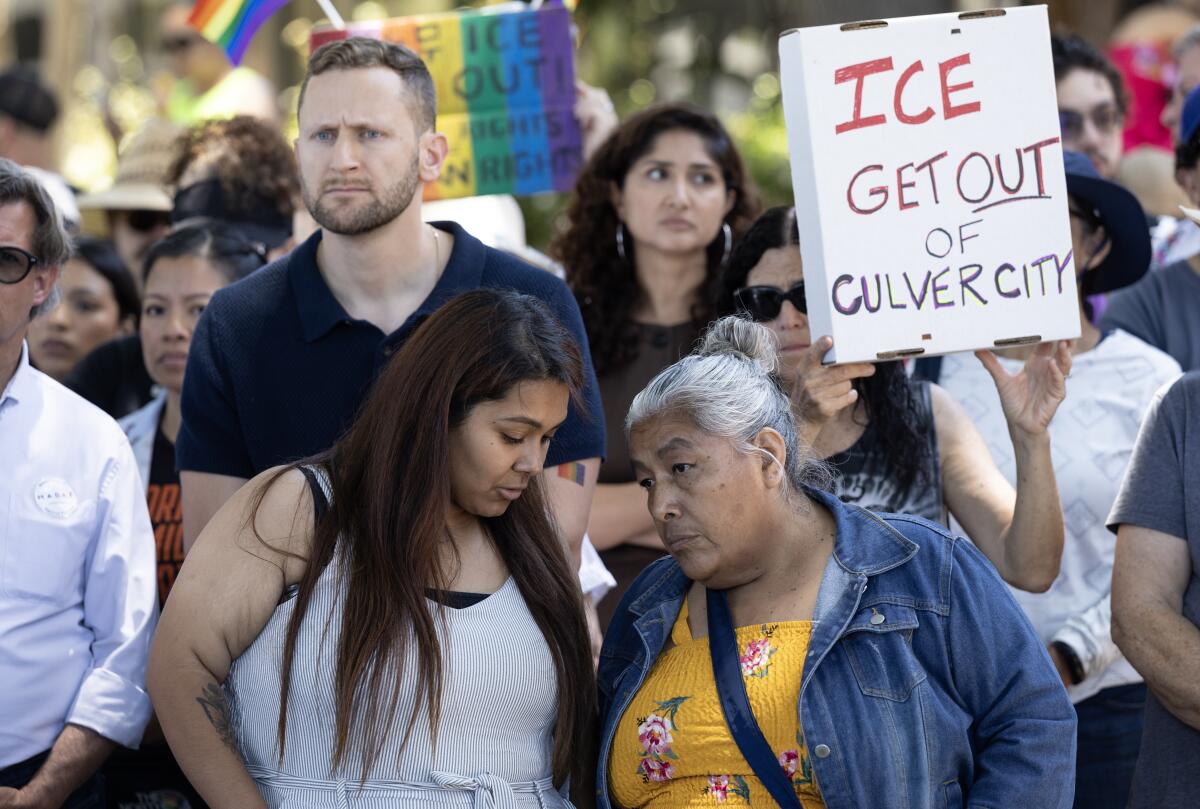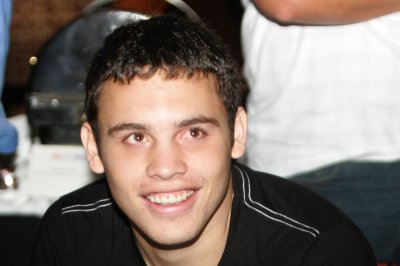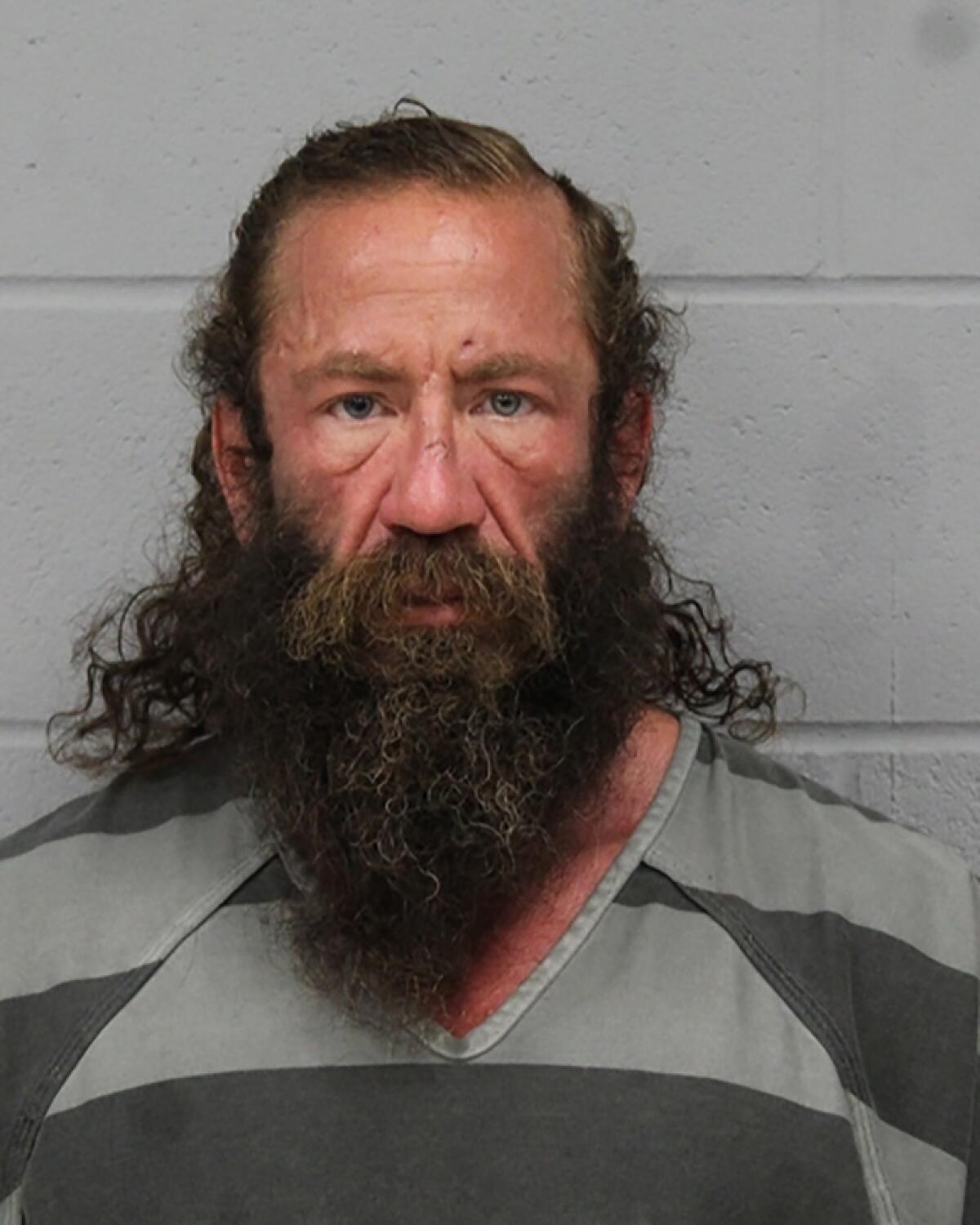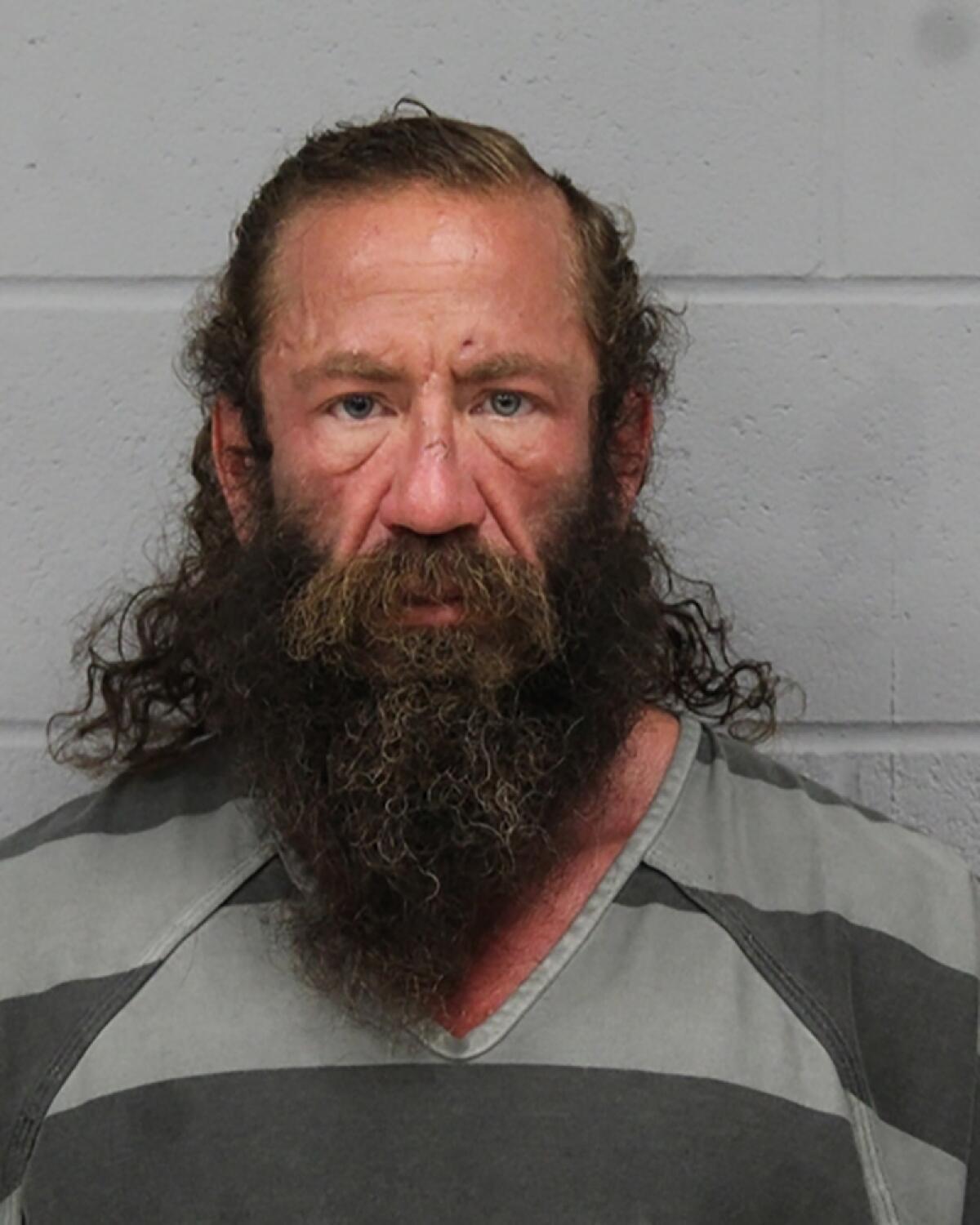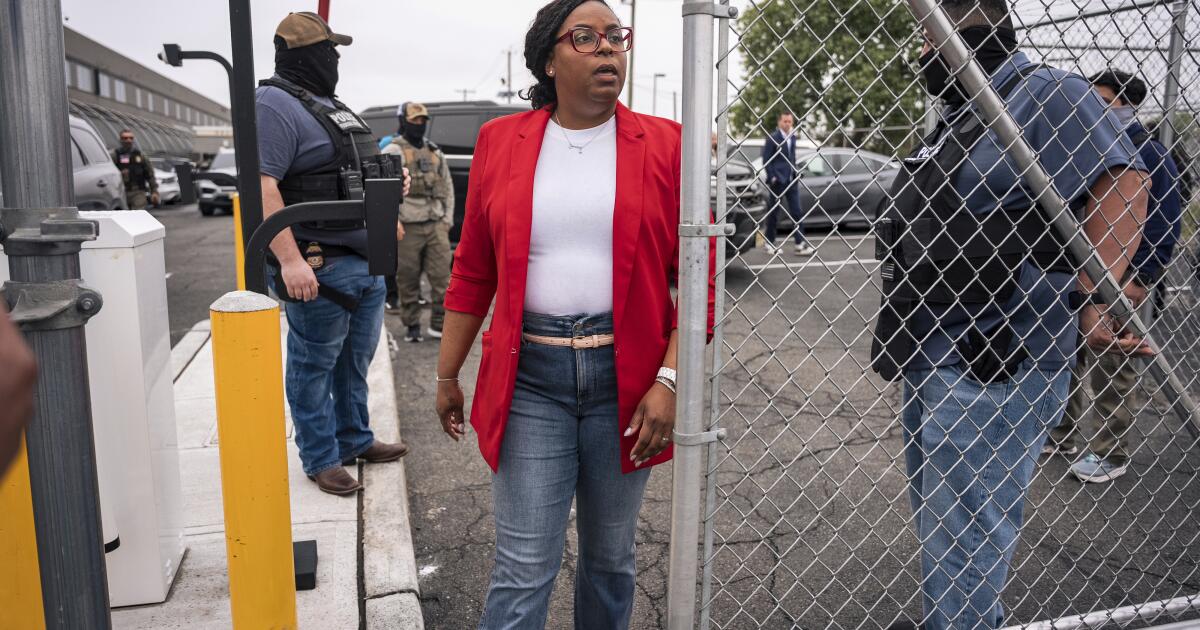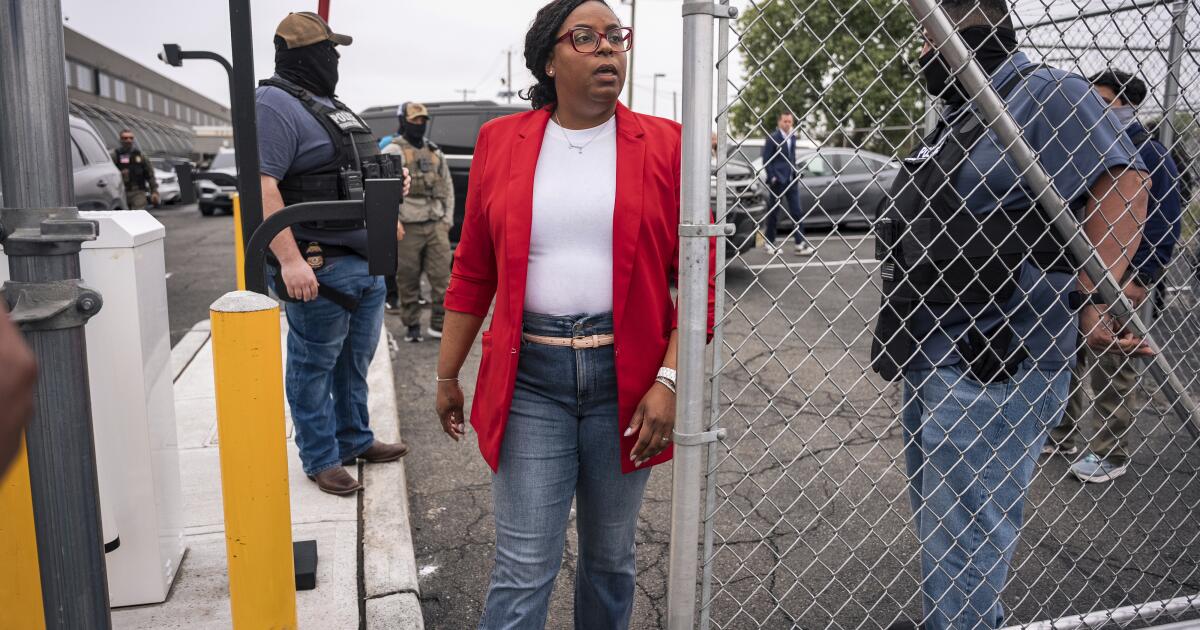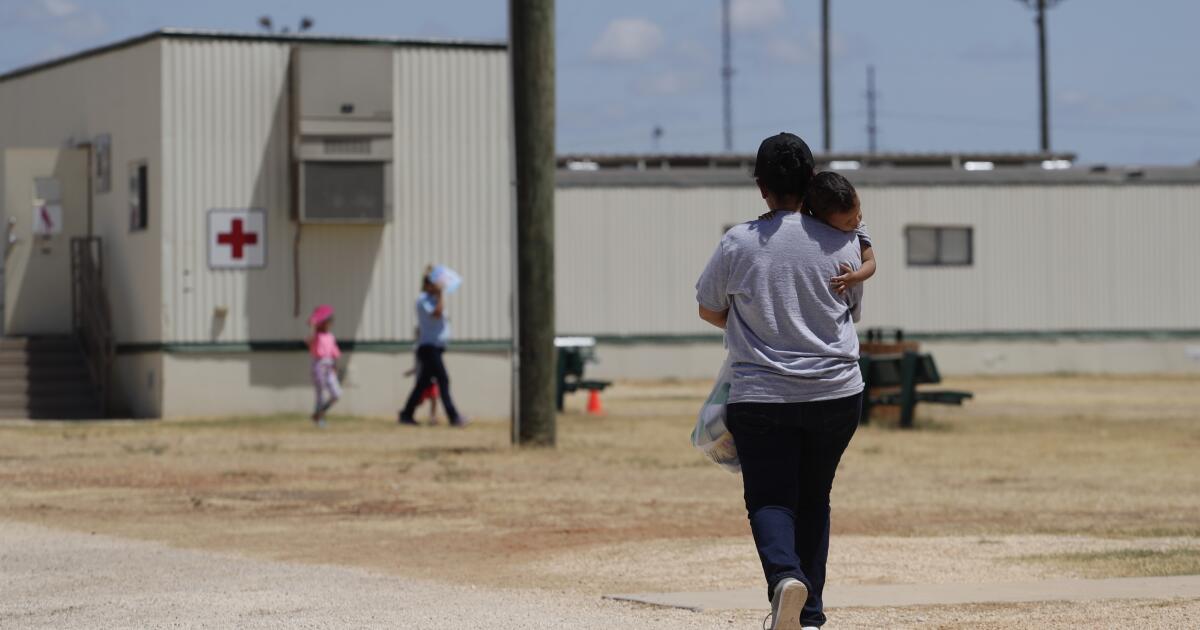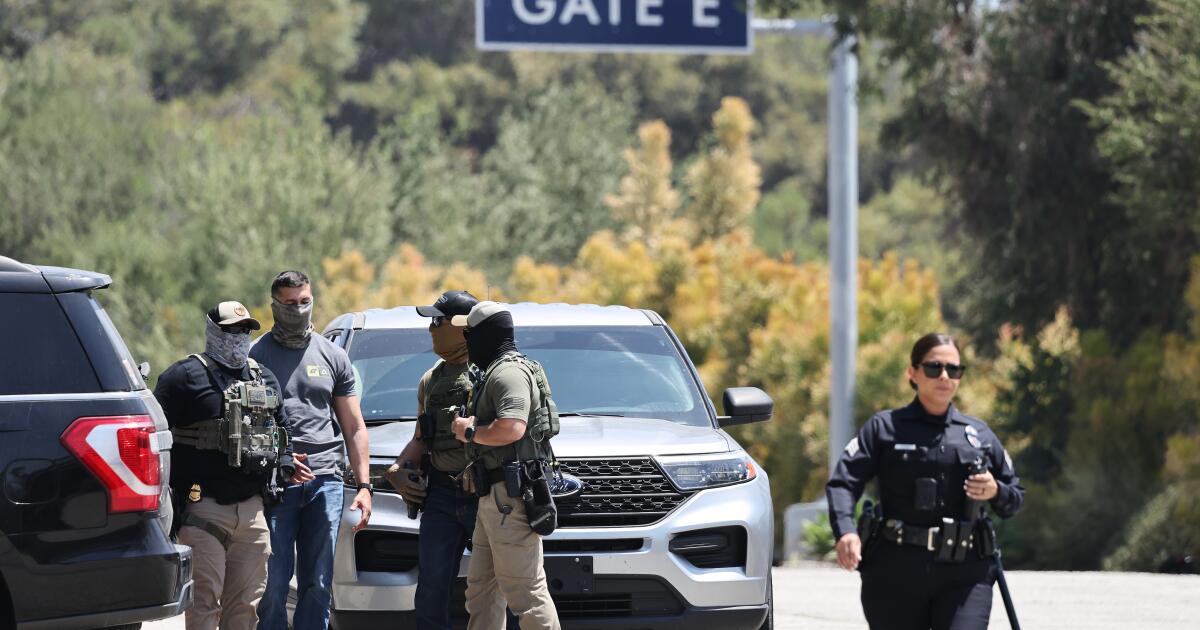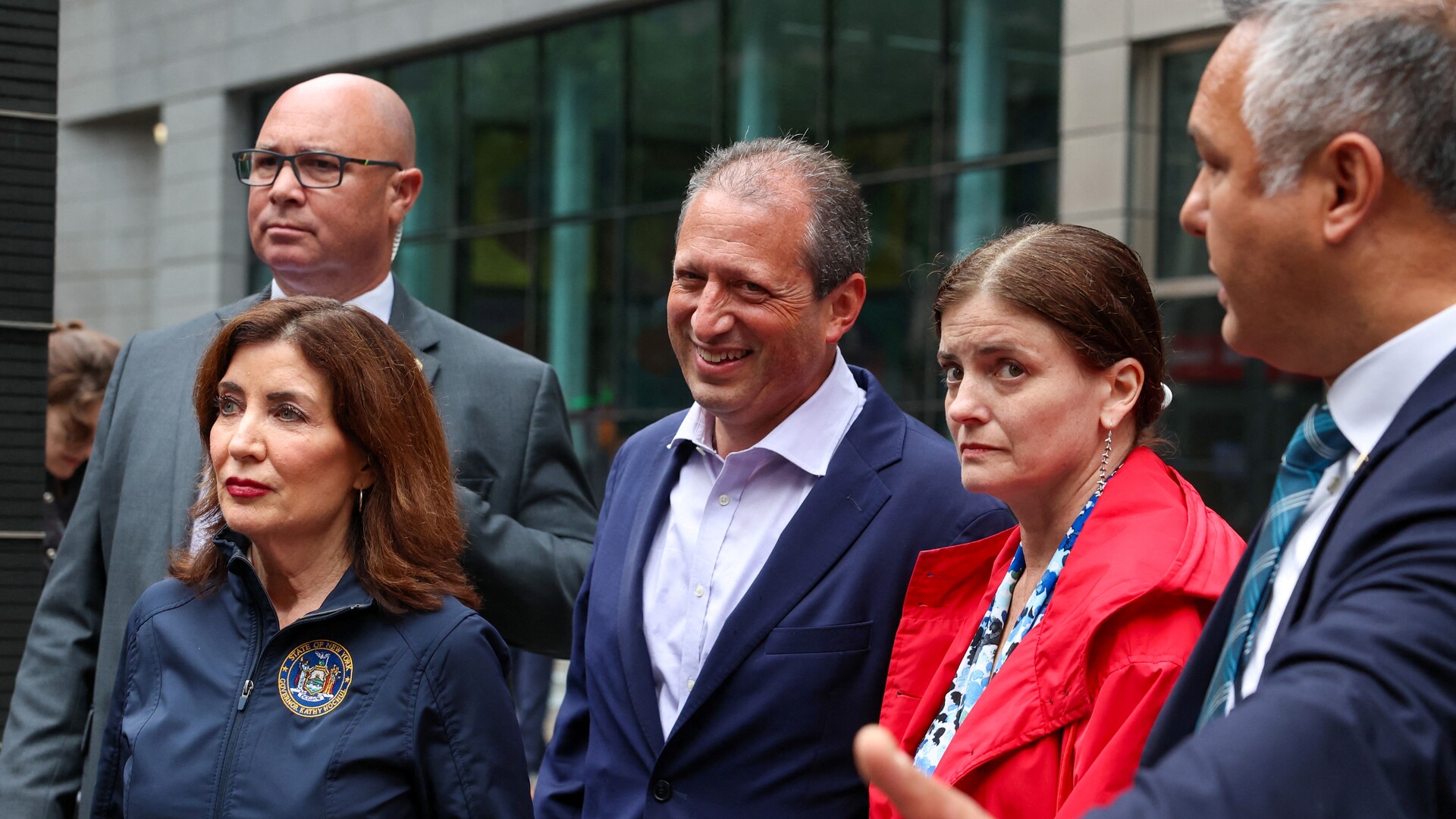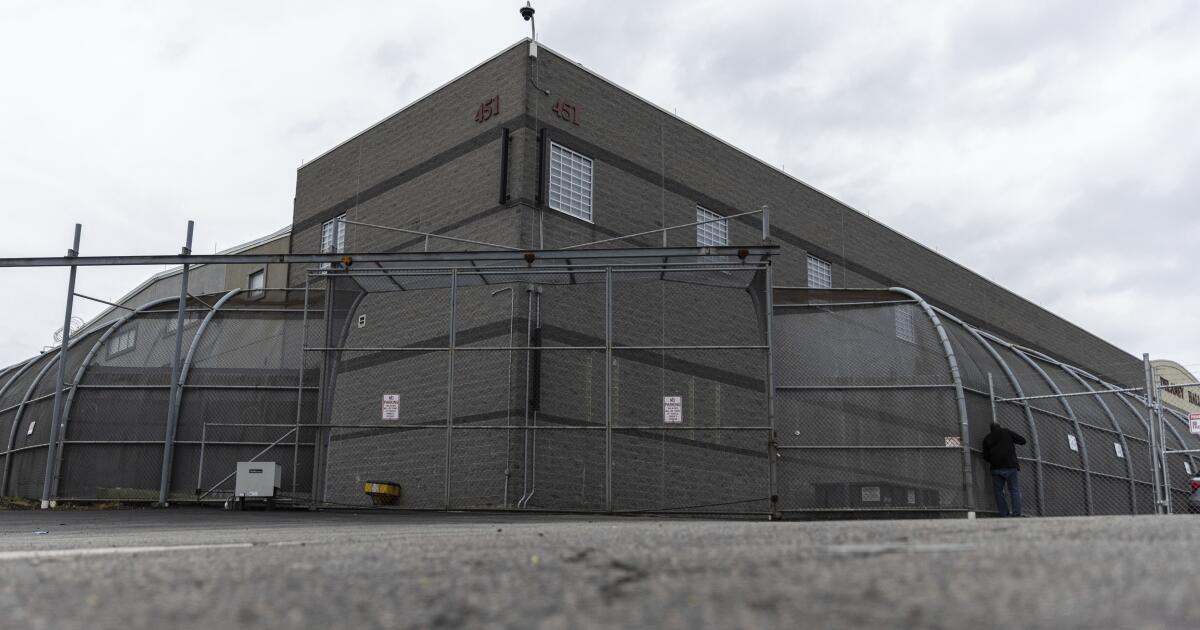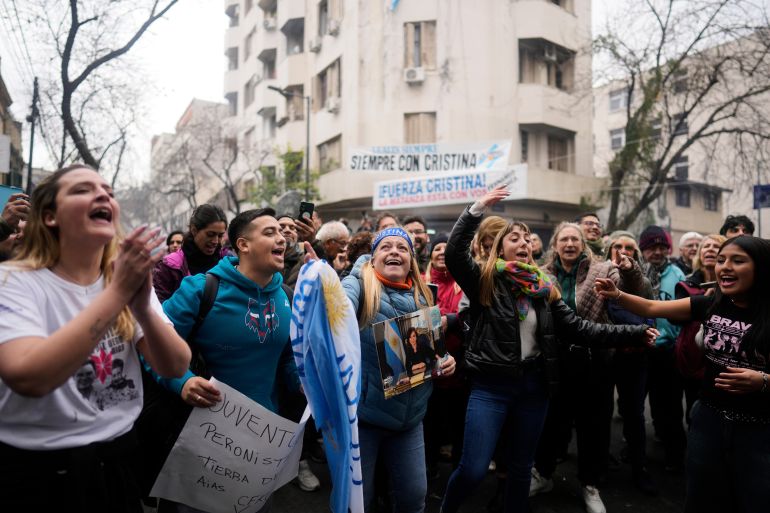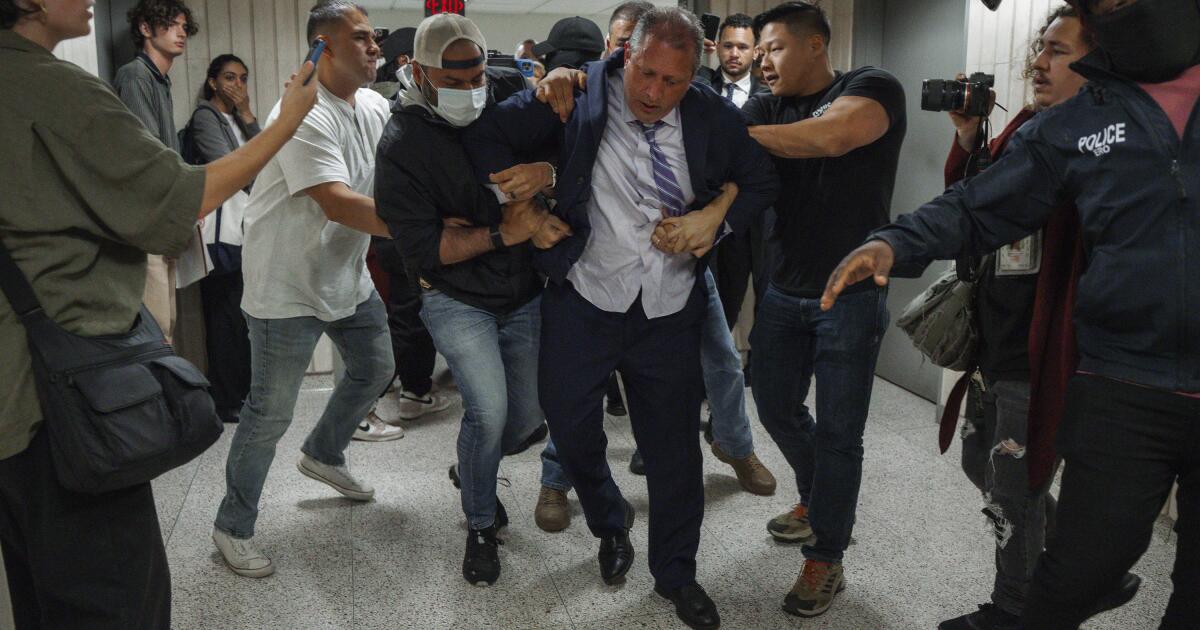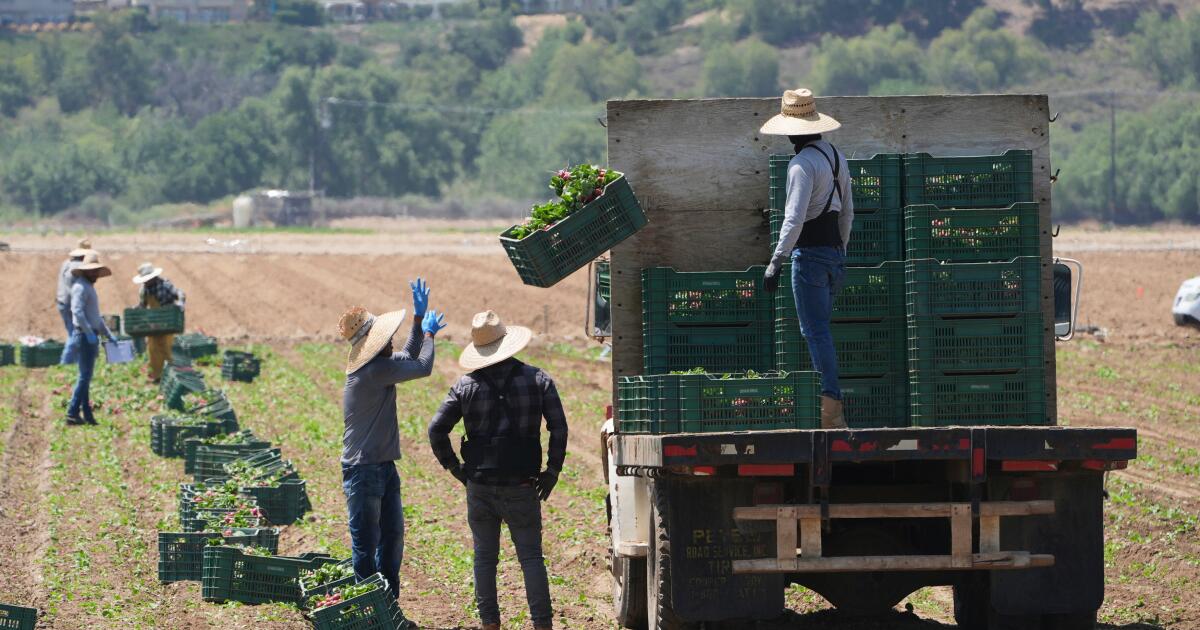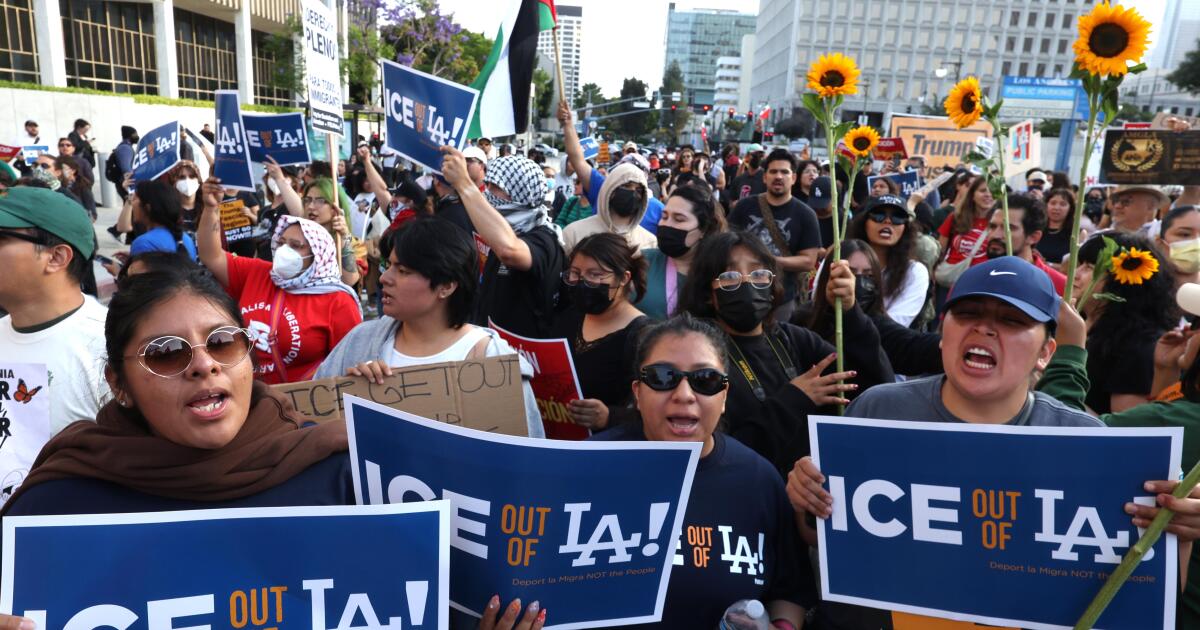BBC show Pebble Mill at One was an iconic magazine programme that ran throughout the ’70s, ’80s and ’90s – and here’s what happened to the original faces of the daytime series
They were the familiar faces that lit up Britain’s afternoons – the hosts, producers and personalities behind Pebble Mill at One, the BBC’s beloved daytime magazine programme that ran from 1972 to 1986. Whether they were interviewing celebrities, dispensing gardening advice or covering human interest stories from the famous foyer of the Birmingham studio, the Pebble Mill team became a fixture of the nation’s lunchtime telly.
But what happened to the show’s stars when the cameras stopped rolling?
From telly legends who went on to headline primetime shows, to behind-the-scenes figures who subtly influenced British broadcasting, many continued to leave their mark across radio, film and theatre. Others quietly stepped out of the spotlight – while some faced scandals that shook their public persona.
Here, we reminisce about the highs, lows and unexpected twists in the lives of Pebble Mill’s most recognisable faces. From gardening guru Marian Foster and broadcasting legend Alan Titchmarsh to the late Donny MacLeod and troubled DJ Dave Lee Travis, here’s what unfolded for the faces who once dominated daytime TV.
Dave Lee Travis
Dave Lee Travis was best known as the host of The Golden Oldie Picture Show and a DJ on BBC Radio 1. However, his career was later marred by legal issues.
In 2014, he was found guilty of indecently assaulting a woman working on The Mrs Merton Show in 1995 and was handed a three-month suspended sentence.
Though acquitted of several other accusations, the conviction resulted in the presenter’s episodes of Top of the Pops being no longer repeated by the BBC. Travis expressed being “mortified” and “really disappointed” by the verdict.
Despite the scandal, the now 80-year-old made a comeback to broadcasting. Throughout the years, Travis has presented programmes on various UK radio stations, including periods at Classic Gold, BBC Three Counties Radio, and United DJs Radio.
In 2025, he hosts a Sunday morning programme on Heritage Chart Radio.
Currently residing in Buckinghamshire with his Swedish wife Marianne, whom he wed in 1971, Travis enjoys photography and vintage automobiles.
Jock Gallagher
Gallagher began his BBC career in 1966 as a news producer and swiftly climbed the ladder, ultimately leading the Pebble Mill at One.
His influence extended beyond the programme’s triumph to nurturing celebrated BBC radio productions including The Archers, alongside programmes such as From the Grassroots and Offshore Britons.
Following decades of broadcasting service, Gallagher stepped down from the BBC in 2014.
He died in May 2025 aged 87 at Worcester Hospital. Former colleagues and admirers paid tribute, with one remembering: “I remember having a conversation with Jock in the late 1980s when I was trying to become a researcher, and fancied working on Radio 4 series.”
Donny MacLeod
Donny was a beloved figure on television, known for his warmth, professionalism, and innovative approach, becoming a staple in homes as the leading presenter of his show and shaping daytime TV for countless viewers.
He was one of the original faces of Pebble Mill at One, hosting the show from its beginnings in 1972 until his sudden death in 1984.
His career was studded with standout moments, including major BBC specials like MacLeod’s Soviet Union and MacLeod’s America, and memorable interviews with prominent figures such as Edward Heath, Les Dawson, Terry Wogan, Dame Edna Everage, and Morecambe and Wise.
Touching tributes have continued to honour Donny’s legacy, with one colleague fondly remembering: “He was kind and ever prepared to lend this novice a helping hand… For 11 years Donny was Pebble Mill at One.”
Passing away at the young age of 52 from a heart attack, Donny is still deeply missed as a trailblazer in British daytime broadcasting.
David Attwood
Starting his career as an assistant floor manager, David Attwood climbed the ladder, contributing to series like Out of Town Boys (1978), Keep Smiling (1979), and the BAFTA-winning Boys from the Black Stuff (1982).
After completing the BBC Directors course in 1984, he quickly made a name for himself as a director.
Attwood’s portfolio includes directing All Together Now, Airbase, and the intense thriller Killing Time.
He later pursued a freelance career, directing critically acclaimed projects such as Wild West, Fidel, and Stuart: A Life Backwards, which starred Tom Hardy.
David sadly died on 21 March 2024 after battling illness.
Remembered by peers as a talented and considerate director, David left an indelible mark on British television drama over three decades.
Marian Foster
A multifaceted broadcaster, Marian Foster was celebrated for her engaging on-screen personality and a deep-rooted passion for horticulture, which became her signature.
She broke new ground as one of the original presenters on Top Gear and went on to host gardening segments for BBC Look North after her time at Pebble Mill.
Foster boasts an extensive career in radio, having presented shows on BBC Radio 2, Woman’s Hour on Radio 4, and currently hosts Garden Mania every Sunday on BBC Radio Newcastle and Radio Tees.
A familiar face at the RHS Chelsea Flower Show, she has imparted her horticultural wisdom to audiences for more than three decades.
Her diverse work includes documenting the impact of Live Aid in Ethiopia and even sharing the stage with The Who for a rendition of Tommy.
In recent times, she has continued her role as a judge for Northumbria in Bloom, been featured by Radio Times, and remains an endearing presence in the North East.
Alan Titchmarsh
Alan Titchmarsh rose to fame as the beloved presenter of Ground Force and later captivated viewers on ITV’s Love Your Garden, affirming his status as one of the nation’s favourite gardeners.
His natural charm extended beyond the garden, leading him to host various programmes including The Alan Titchmarsh Show, Popstar to Operastar, and Secrets of the National Trust.
In 2024, he made waves when North Korean TV censored his jeans, prompting Titchmarsh to quip that it gave him “a bit of street cred”.
The 76 year old father of two is a prolific author, having penned over 70 books, including best-selling novels, gardening guides, and memoirs.
He currently presents a Saturday afternoon programme on Classic FM and continues to write regularly for the press. Now in his mid-70s, he divides his time between his farmhouse in Hampshire and his residence on the Isle of Wight.
Titchmarsh was awarded an MBE in the 2000 New Year Honours for his contributions to horticulture and broadcasting, and was later promoted to CBE in the 2025 New Year Honours for his services to horticulture and charity.
Join The Mirror’s WhatsApp Community or follow us on Google News , Flipboard , Apple News, TikTok , Snapchat , Instagram , Twitter , Facebook , YouTube and Threads – or visit The Mirror homepage.
